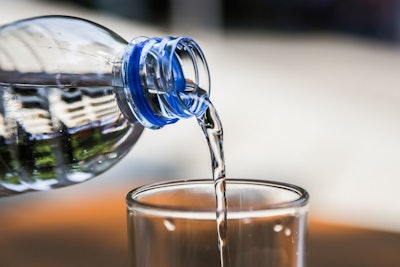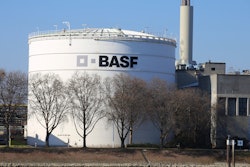
Chemicals from agricultural, industrial and oil operations are reportedly contributing to contaminated groundwater affecting hundreds of thousands of Californians.
Bay Area science reporter Robin Meadows, citing state documents, wrote that more than 1 million residents of central California's San Joaquin Valley rely on contaminated drinking water, with thousands more at risk in the Salinas Valley to the west.
Those regions are among the world's most productive agricultural areas, and the bulk of the water concerns are due to nitrates from synthetic or natural fertilizer applied to vast farm fields. Arsenic and uranium, which occur naturally in local aquifers, are also found at elevated levels in groundwater.
But state officials also found numerous additional industrial contaminants. More than 150 wells tested positive for the industrial chemical perchlorate and the solvents tetrachloroethylene and trichloroethylene.
More than 100 wells, meanwhile, showed traces of 1,2-Dibromo-3-Chloropropane despite a state ban on the fumigant since 1977.
Other problems include contamination from California's oil industry, which is concentrated in Kern County in the southern San Joaquin Valley, as well as still-unregulated chemicals such as the solvent 1,2,3-Trichloropropane.
The latter substance, which was found in a majority of the valley's water systems, is considered a carcinogen by the state, and regulators are expected to announce an exposure limit later this year.
Critics noted that the contaminated water primarily affects poor, rural Californians, some of whom are unable to read English-language water quality reports. Private well testing is not required by the state, and in some cases, water quality reports that are mandates are not delivered to residents at all.
State lawmakers are currently considering legislation that would fund hundreds of millions of dollars in water operations and maintenance costs each year, but water quality groups argue that a future water bond of up to $1 billion will be needed to address the problems.






















